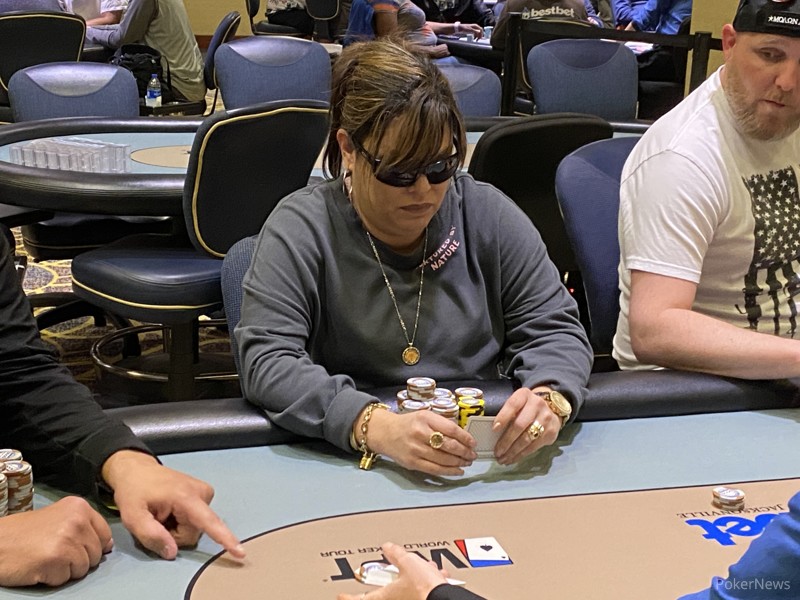In the contemporary era of rapid digital advancements, online casinos have emerged as a widely embraced means of amusement and exhilaration. For many, it’s a way to unwind and test their luck, and the UK casino industry is no exception to this trend. However, a subset of online casinos known as “UK casino not on Gamstop” has been gaining traction among players seeking an alternative gaming experience. In this article, we’ll delve into the fascinating world of UK casinos not on Gamstop, exploring what they are, their advantages, and why they have carved a niche for themselves in the online gambling landscape.
What Are UK Casinos Not on Gamstop?
UK casinos not affiliated with Gamstop are online gambling websites that do not engage in the Gamstop self-exclusion program. Gamstop is a voluntary self-exclusion tool offered to UK players who want to restrict their access to online gambling sites. Players can register with Gamstop to block themselves from accessing UKGC (United Kingdom Gambling Commission) licensed casinos for a specific period.
However, some players look for options outside the Gamstop network for various reasons. UK casinos not on Gamstop are the answer to their quest. These casinos are not registered with Gamstop, allowing players to access their services without self-imposed restrictions.
The Advantages of UK Casinos Not on Gamstop
- Greater Freedom and Flexibility
One of the primary advantages of playing at UK casinos, not on Gamstop is the freedom it offers players. While self-exclusion programs like Gamstop aim to promote responsible gambling, they might be too restrictive for some individuals. Players who opt for non-Gamstop casinos can enjoy the flexibility of making their gambling choices without any external limitations.
- Varied Game Selection
UK casinos not on Gamstop often boast diverse games and gaming providers. From classic slot machines to live dealer tables and sports betting, these casinos offer an extensive selection that caters to a wide audience. This variety ensures players can find games that suit their preferences and interests.
- Attractive Bonuses and Promotions
In order to stay competitive within the fiercely contested online gambling market, UK casinos outside of the Gamstop network frequently provide attractive bonuses and promotions. Players have the opportunity to make the most of appealing welcome deals, complimentary spins, and ongoing promotions that enhance their gaming enjoyment and boost their potential for winning.
- Anonymity and Privacy
For some players, the desire for anonymity while gambling is paramount. UK casinos not on Gamstop typically require minimal personal information, allowing players to maintain a higher level of privacy than UKGC-licensed casinos. This is attractive to individuals who favor maintaining a low profile with their gambling endeavors.
- Access to International Casinos
Many UK casinos not on Gamstop are operated by international companies, which means players can access a global network of casinos. This opens up opportunities to explore different gaming cultures, languages, and experiences that may not be available within the Gamstop network.

Why UK Casinos Not on Gamstop Are Gaining Popularity
The rise in popularity of UK casinos not on Gamstop can be attributed to several factors:
- Player Choice
Players appreciate having options, and UK casinos not on Gamstop provide an alternative to those who may have initially registered with Gamstop but later changed their minds. The freedom to make a choice aligns with the principles of responsible gambling.
- Enhanced Gaming Experience
The diverse game libraries, attractive bonuses, and innovative features offered by non-Gamstop casinos enhance the gaming experience. Players find these casinos more engaging and rewarding, leading to increased loyalty.
- International Appeal
The global reach of UK casinos not on Gamstop appeals to players seeking a broader spectrum of gaming experiences. They can explore casinos from different countries, each offering a unique flavor of entertainment.
In conclusion, UK casinos not on Gamstop have emerged as a fascinating segment of the online gambling industry, providing players with an alternative gaming experience that focuses on freedom, choice, and diversity. As the popularity of these casinos continues to grow, it’s clear that they have secured their place in the hearts of players looking for a more versatile and engaging online gambling experience.


